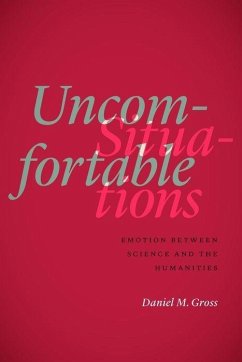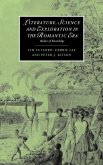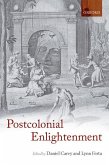Mixed feelings, Daniel Gross reminds us, are at the heart of Jane Austen's novel, Sense and Sensibility. We think we know what "mixed feelings" means, like a recipe: combine two parts a feeling like gratitude, one part happiness, a dash of resentment, and you get something like Elinor. But mixed feelings in the novel and beyond, Gross insists, are poorly served by this dis-equilibrium model; in fact mixed feelings are a matter of negotiated circumstances where feelings may be at odds as they converge on character. Hence the significance of literature and particularly the sentimental novel as a cross-disciplinary research domain, where this kind of rhetorical situation is exquisitely detailed. Gross gets considerable play out of Jane Austin as one of his research arenas, while at the same time referencing the sciences of situated emotion and behavioral economics to offer a new way of understanding mixed feelings as rhetorically situated. While that is but one thrust among several here, Gross explores at the same time a methodological opportunity at the interface of science and the humanities, beyond recent work in "Cognitive Approaches to Literature," which as he sees it tends to proceed unecologically (uncontextually) toward theory of mind. In contrast to his previous landmark study The Secret History of Emotion, here Gross carves out a space for cross-disciplinary work on emotion with a "situated emotion" critique of the basic emotions program, a "situated cognition" critique of computational psychology, and a critique of evolutionary psychology from many angles including cognitive scientific. The outcome is collaborative work across the sciences and humanities, where uncomfortable situations provide a paradigm for study. New insight into brain-body-world dynamics may yet arise from experiments in neuroscience and the situational concerns of the humanities, and the two-cultures divide may dissolve when shared phenomena like human emotions are treated with the diversity of methods and cross-disciplinary conversation their complexity deserves.








